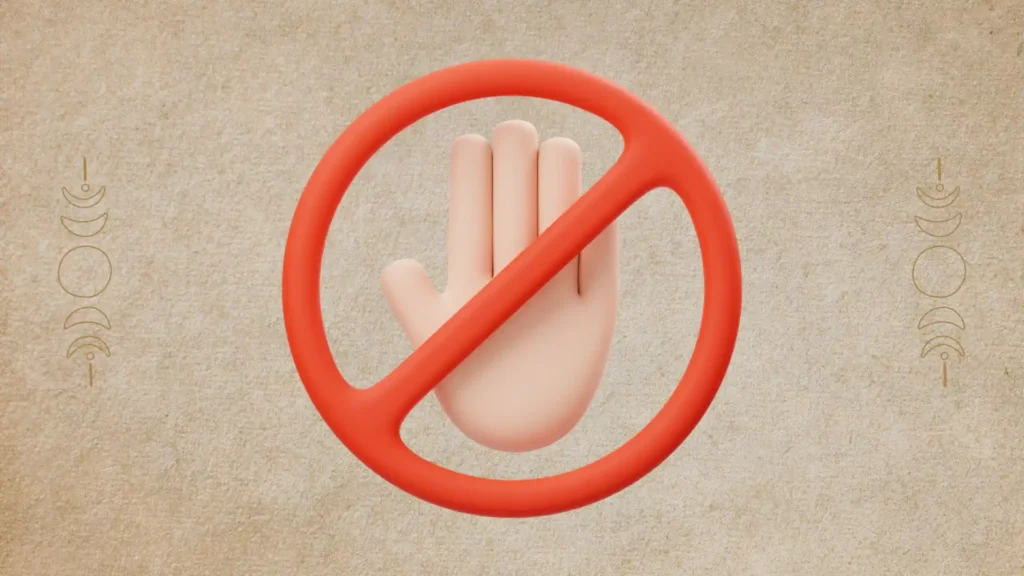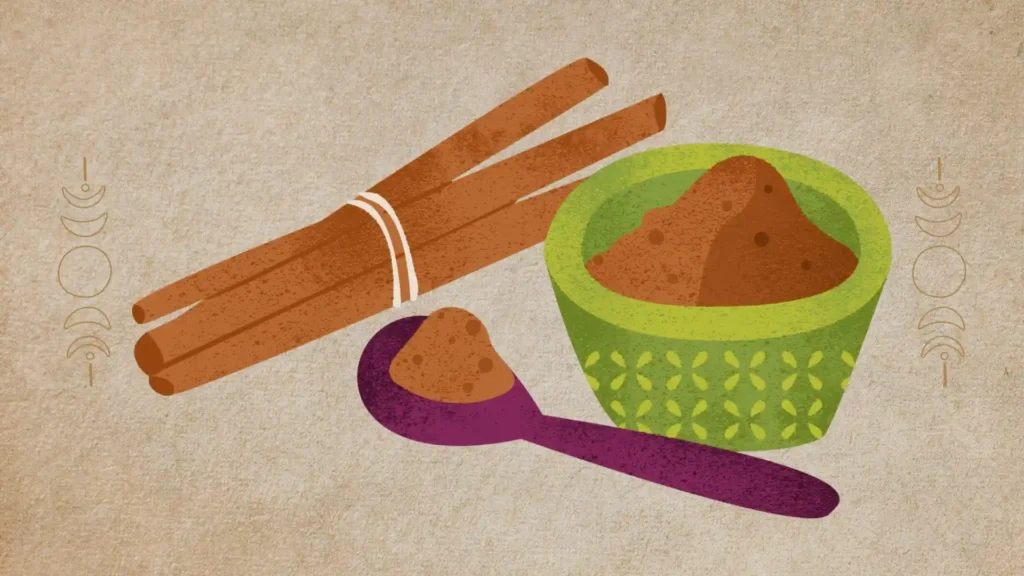The Bible presents varied perspectives on multiple marriages. While some Old Testament figures had multiple wives, the New Testament emphasizes the sanctity of a one-to-one marital bond. Interpretations differ, but the overarching theme is the importance of commitment and fidelity in relationships.
The Old Testament and Multiple Wives
Let’s dive straight into one of the Old Testament’s most talked-about topics: multiple marriages. Trust me, it’s as intriguing as it sounds!
First up, King Solomon. This guy’s marital record is nothing short of legendary. Just how many wives did he have?
“But King Solomon loved many foreign women… He had seven hundred wives of royal birth and three hundred concubines…“
1 Kings 11:1-3
That’s a staggering number, even by ancient standards! But Solomon wasn’t alone in this. Jacob, another prominent figure, had his fair share of marital entanglements. He set his heart on Rachel, but due to some unexpected twists, he ended up marrying her sister Leah first. Eventually, he married both.
“Jacob loved Rachel and said, ‘I’ll work for you seven years in return for your younger daughter Rachel.’”
Genesis 29:18
It’s essential to understand that in those times, the concept of marriage was different. It wasn’t just about love or companionship. Marriages often served practical purposes, like forming alliances or ensuring lineage. Having multiple wives could mean more heirs, which was a significant advantage.
However, the Old Testament doesn’t necessarily glamorize multiple marriages. In many instances, these relationships led to complications and conflicts. Take Abraham, for example. While not on the same scale as Solomon, he had his wife, Sarah, and later, at Sarah’s insistence, her maidservant Hagar.
“Sarah said to Abraham, ‘Get rid of that slave woman and her son, for that woman’s son will never share in the inheritance with my son Isaac.’”
Genesis 21:10
This particular arrangement led to tension, jealousy, and a host of other issues.
In a nutshell, the Old Testament provides a candid look at multiple marriages. It neither condemns nor condones it outright but instead presents the realities of such arrangements in the context of the times.
The New Testament’s Take on Multiple Marriages
First off, while the Old Testament had its fair share of multi-wife scenarios, the New Testament is more, well, reserved on the topic. In fact, it leans heavily towards the idea of monogamy.
Paul, who’s often regarded as one of the most influential writers in the New Testament, had some thoughts for church leaders:
“A bishop then must be blameless, the husband of one wife…“
1 Timothy 3:2
This isn’t just a casual suggestion. Paul’s laying down the law here, implying that church leaders should be monogamous. It’s a stark contrast to some Old Testament figures, right?
“Husbands, love your wives, just as Christ loved the church and gave himself up for her.”
Ephesians 5:25
The message is clear: just as there’s a singular bond between Christ and the Church, so should there be between a husband and wife.
The New Testament’s stance on multiple marriages is more about promoting the ideals of monogamy and the sanctity of the marital bond. It’s less about laying down strict rules and more about guiding believers toward a deeper understanding of commitment and love.
And that’s the New Testament’s two cents on multiple marriages! It’s a shift from the Old Testament, but it offers a fresh perspective on love, commitment, and what it means to be truly bonded to someone.
Further Reading:
- What Does the Bible Say About Marriage?: This pillar article provides a comprehensive overview of the Bible’s teachings on marriage. From its inception in the Garden of Eden to the New Testament’s guidance, delve into the sacredness, challenges, and blessings of marital union.
- Marriage in the Bible: Its Mention, Key Books, and Notable Passages: Dive into the significant mentions of marriage in the Bible, from Genesis to Ephesians, and understand its portrayal as a sacred bond.
- What Counts as Marriage in the Bible?: Delve into the Bible’s depiction of marriage as a divine union, established since Adam and Eve’s time, representing commitment, partnership, and mutual love.



